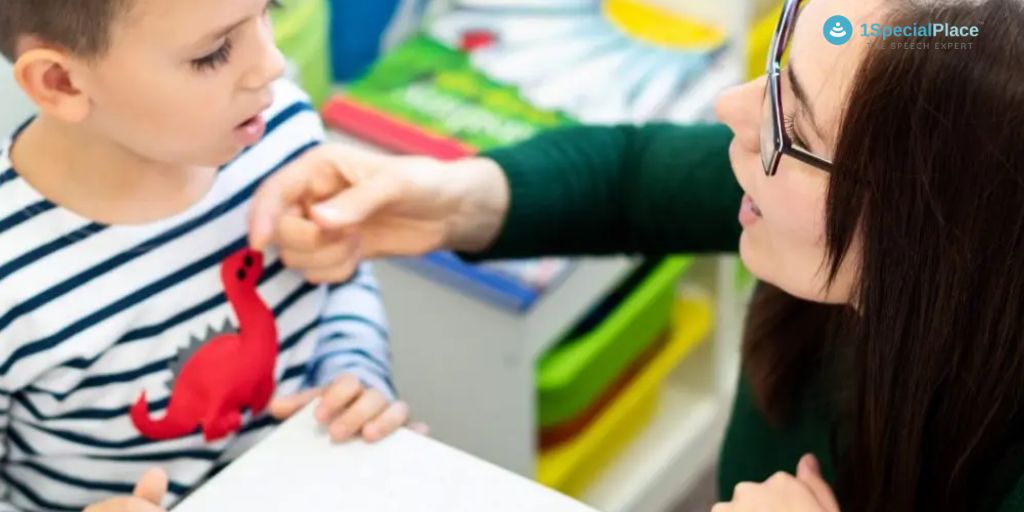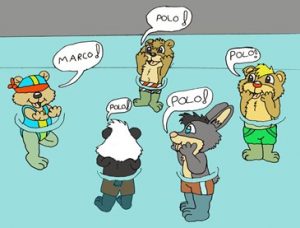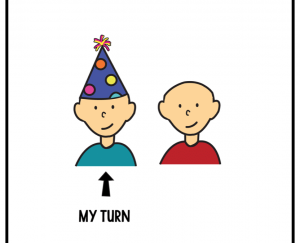
Games to practice Fluent Speech
What is Stuttering?
Practice Fluent Speech, Stuttering happens when there’s an interruption within the flow of speech. In several instances, it goes away on its own, in others, it may impede their speech whenever they try to talk. Studies have shown various causative factors for the condition. the most common being positive family history.
The severity of stuttering varies from person to person. A child for that matter may not be aware of his dysfluencies but it’s not the case for an adult. It is usually less challenging for treating dysfluencies in adults when compared to children.
Speech in discourse is a useful asset and inconceivably significant when mingling and conveying information to other people. Kids rely upon words and expressions to impart their necessities to adults, have their requirements met, and pass on their musings and thoughts to other people.
Treatment for children:
Children who stutter are often very clear in their mind and know what they want, but may find it difficult while expressing it out loud. Be it any technique or modifications your speech therapist advises, in the end, the child has to practice speaking with lesser dysfluencies. Here are few games that I recommend to all parents, to help their child practice smooth and fluent speech.
Games – To practice fluent speech for children
-
Roleplay Activities :
Roleplay activities allow children to be in control and rehearse specific situations that they have experienced stuttering in the past or are likely to experience in the future. Acting out allows them to create scripts to use in the future. This role play expertise permits youngsters to make their descriptive language while ‘shopping’. The additional language a child has readily available, the easier they may notice it to make sentences and communicate their desires.
Besides, it conjointly offers a chance to model other children and boost self-confidence. A fun way to rehearse language and fluency is by setting up an imaginary grocery store. Make them engaged by setting up a dummy kitchen and encourage role-play to cook like a family. When they run out of things they can go to the shop and buy them.
-
Turn-Taking – A skill:
A lot of children struggle with taking turns. Nevertheless, it is important when creating play activities to encourage language fluency. Everyone must wait patiently for their turn and comply because if interrupted, this can impede the flow of speech for children who stutter.
Conversely, a speech impediment such as stuttering may directly affect a child’s ability to ask for their turn in any setting. This game will be appropriate if done in a group. Make a playgroup and guide them to pick up chits or flashcards with pictures of their favorite cartoon character or some animals. Instruct the players that they will have to describe the character or animal taken so that the others can guess the answer.
One basic change that advances fluency is pausing; explicitly, trusting that a speaker will get done with talking prior to tolling in. It is by all accounts acknowledged practice for “ordinary speakers” of all ages to interfere with each other in discussion.
Quick reactions and interferences can reflect eagerness and commitment between grown-ups. For kids, interferences appear to build up dominance and are useful in extraordinary competition for adult consideration.
Turn-taking Benefits :
The use of turn-taking will bring about a decrease in the danger of interference, or an increment in confirmation that others were tuning in to the content of the subject’s discourse. Although the conditions that promote fluency might be exceptionally individualistic, it is preferable as guardians to diminish correspondence stress on their child.
Organizing supper time a discussion is a change that guardians can make to assist their kid with talking without any problem. Since it is a change, it will feel extraordinary and take practice. Try to put equal emphasis on everybody having a chance to talk instead of on one kid’s speech difficulty and everybody at the table will benefit from this.
-
Hot and Cold:
This game in fact evokes nostalgia in me. As a child, I used to love playing this game.
How to play :
So the rules are very simple. All you need is a group of children and one of them being the host. The host simply has to hide an object (familiar to all the children in the group) whilst others wait. Once the host hides he sets the game” on ”. Now each of them goes around in search of the item.

- If any player is not at all near to the hidden object he can say ‘cold, very cold’
- If they move in the wrong direction he can say ‘freezing or icy’
- I moving close to the object, he can say ‘hot, hotter’
- If he is coming near and near to the object he can say ‘burning or scorching’.
This way children can take turns to be the host and it can be manipulated to practice the techniques introduced by your speech therapist.
-
The “Bus” Game :
This again is a modification from my childhood game list which I love to teach the coming generations. They encouraged socialization and back then we used to have soo much fun outdoors. But nowadays our children are soo packed up either with schoolwork or they love being stuck with screen time. Try to be the change that we always wanted in our society.
How to play :
All you need is a group again or even two kids would serve the purpose. You have to take turns to count and whenever 5 or its multiples come, instead of saying out the number, you ought to say “Bus” (Don’t ask me why). Jokes apart! Such games tackle working memory and it can be modified to practice your fluency techniques wherein instead of “bus” you can have phrases or sentences to practice.
-
Marco Polo
How to play :
In this one, a host or a leader will be blindfolded. The host says start and then the players run to different places and then the host says “freeze”. The players will be scattered by now and then the host says “Marco”. Post a small delay he says “ where are you?”. The players say “Polo I’m right here” Our target here is the delay where the kid can practice slow and spaced speech. So here the blindfolded host uses the power of hearing to localize and find the person. The person getting caught will be the next host. This too can have modifications by making the host and players say different phrases to practice.

In short :
Make your child practice various fluency shaping and stuttering modification techniques in a fun way without burdening your little ones to speak up to practice the techniques
Stuttering children need support and encouragement. Most importantly, while listening to them speak, you should take the time to listen, rather than interrupt or finish sentences for them. This will boost their confidence when speaking in the future.
For more ideas check out our other blogs
- Speech and Hearing Rehabilitation for Children with Cochlear Implant - September 4, 2021
- Stuttering Recovery and Relapse in Children: Parental Guide - August 12, 2021
- Myths About Stuttering : Explained - April 18, 2021




Leave a Comment
(0 Comments)